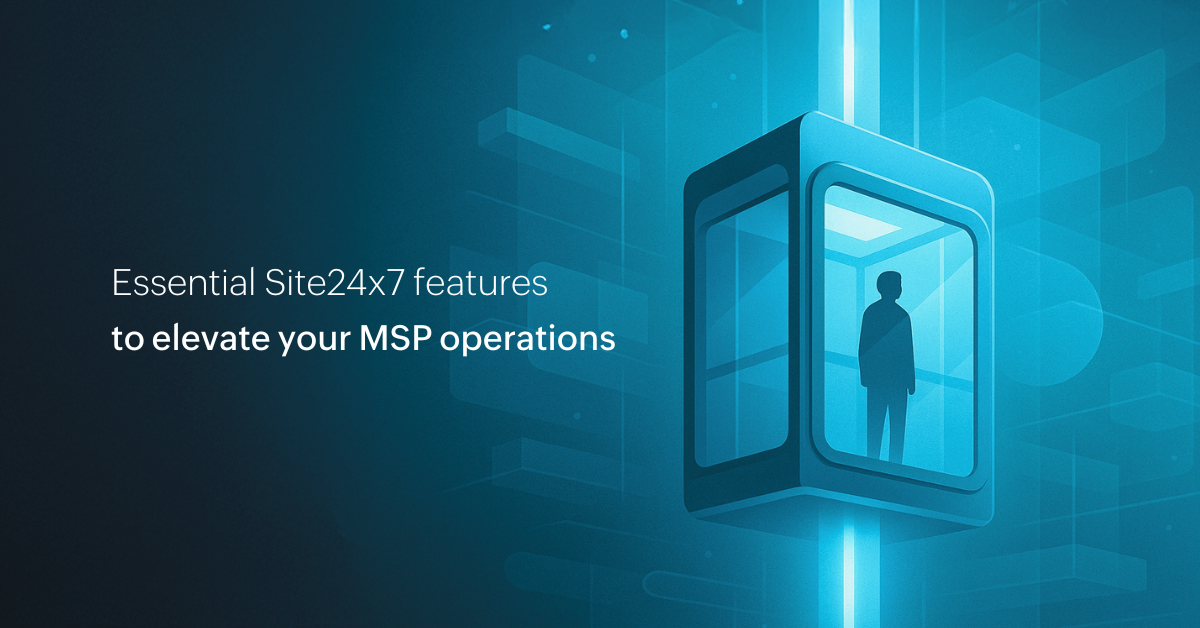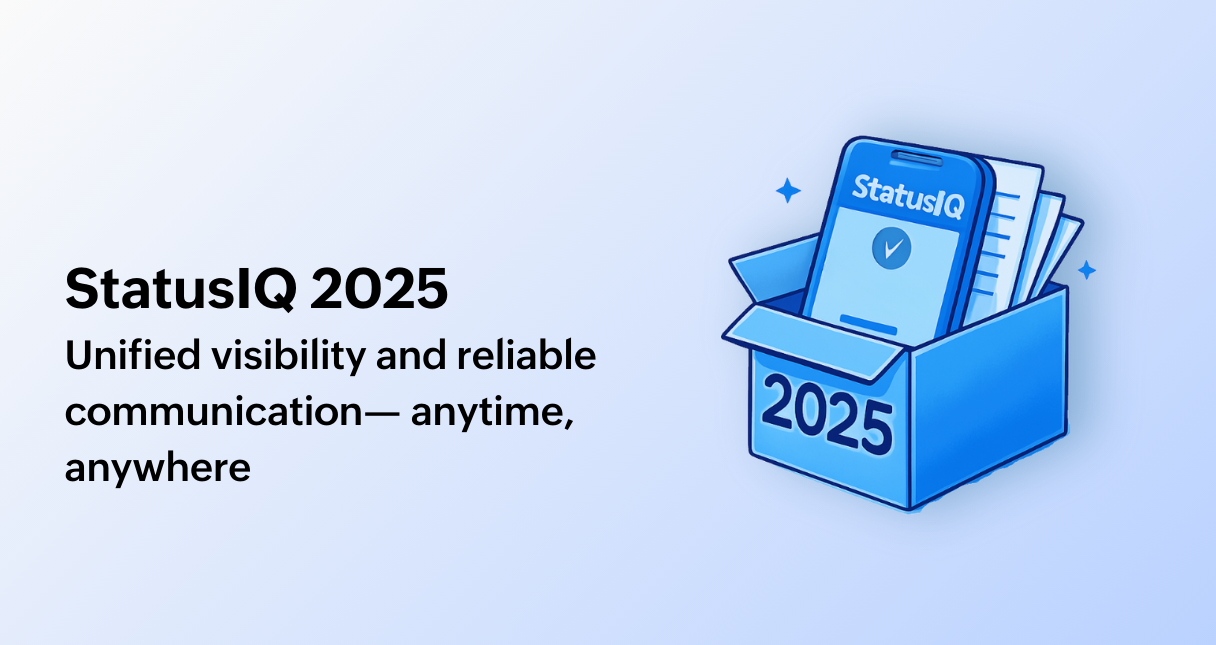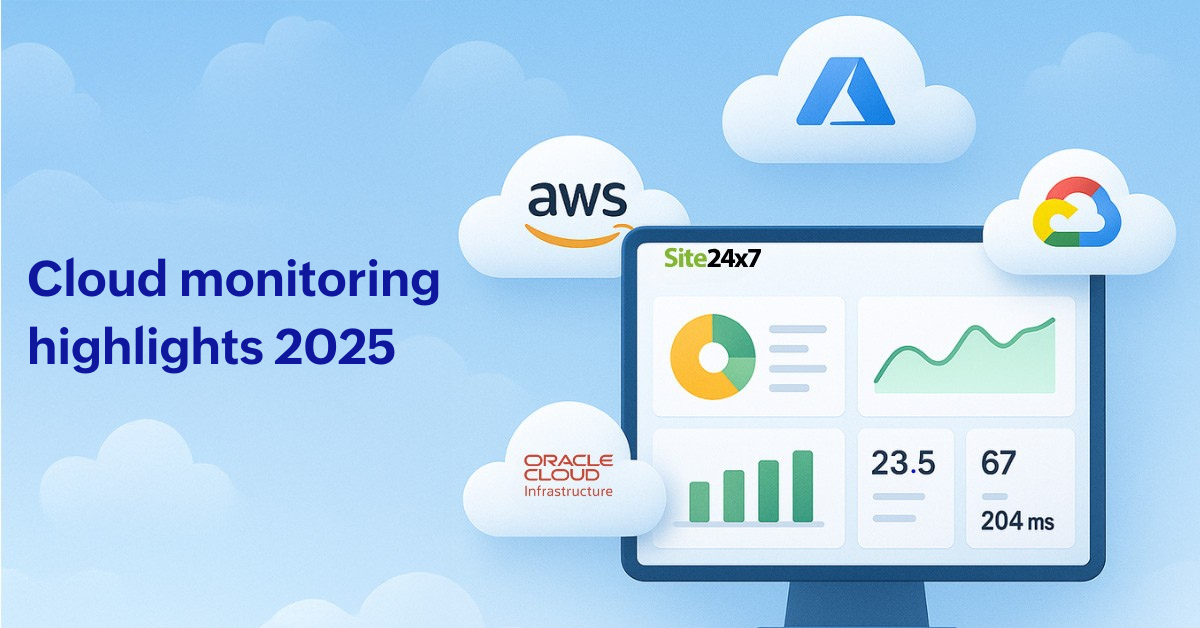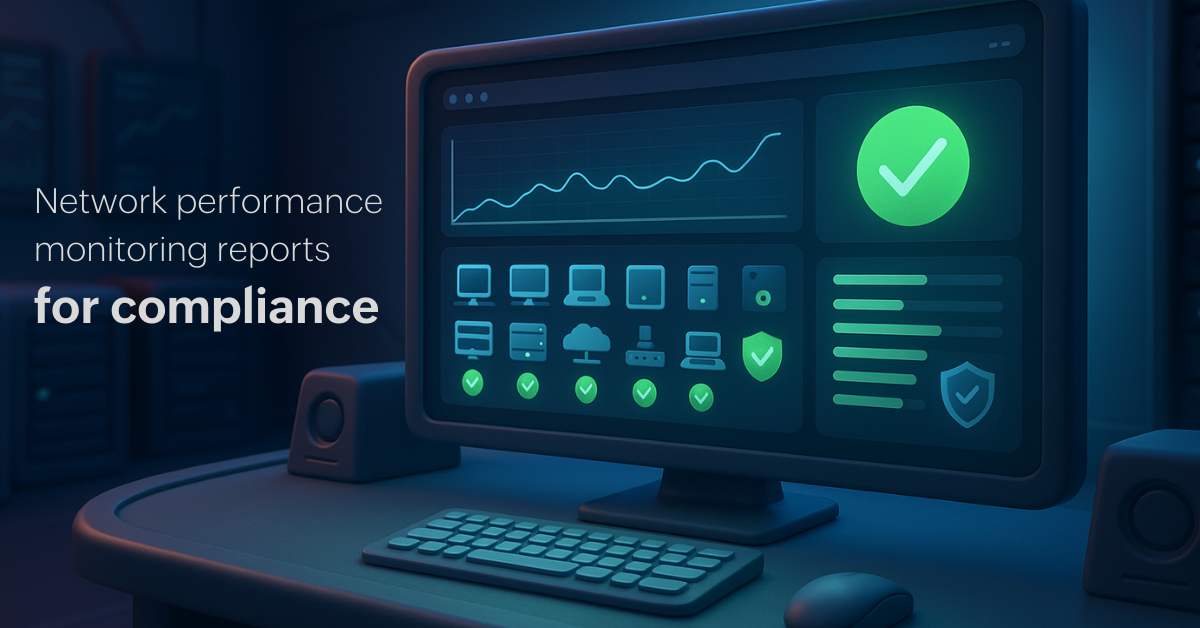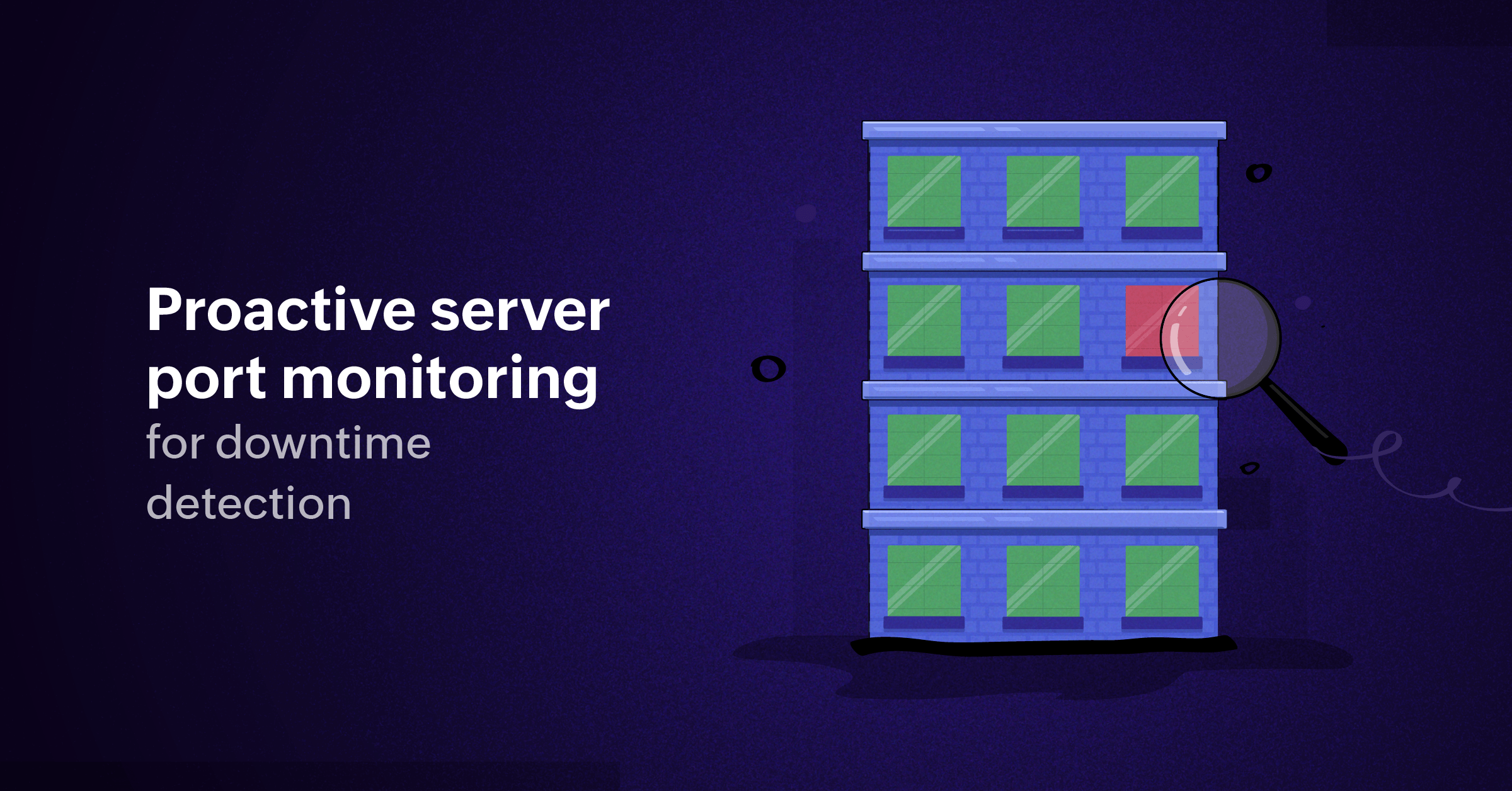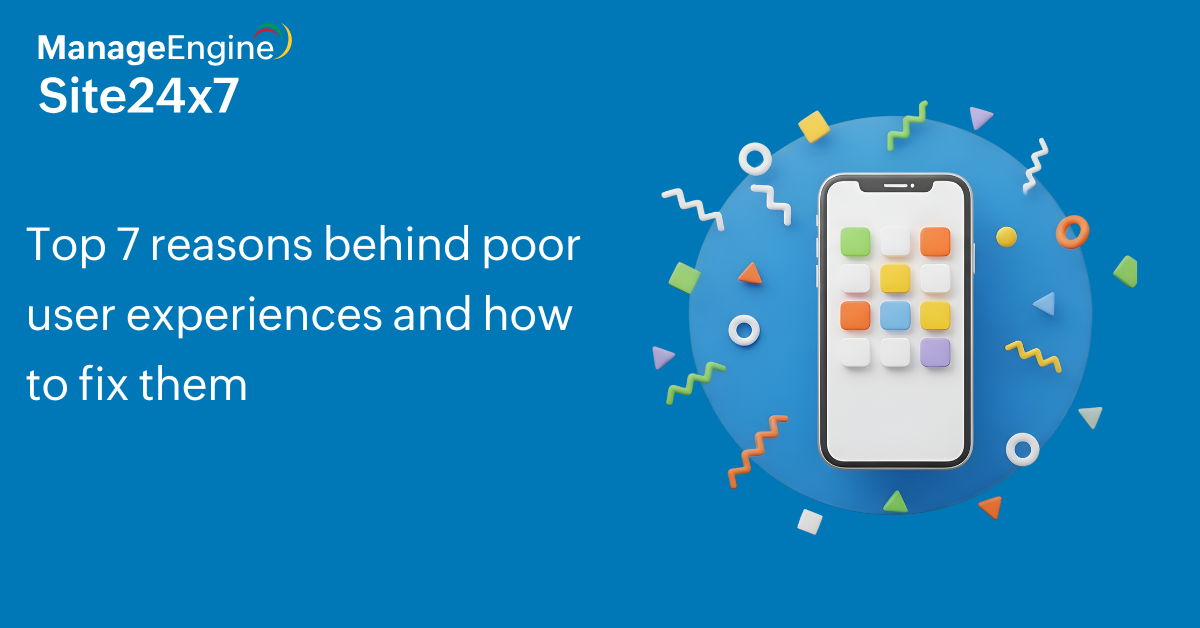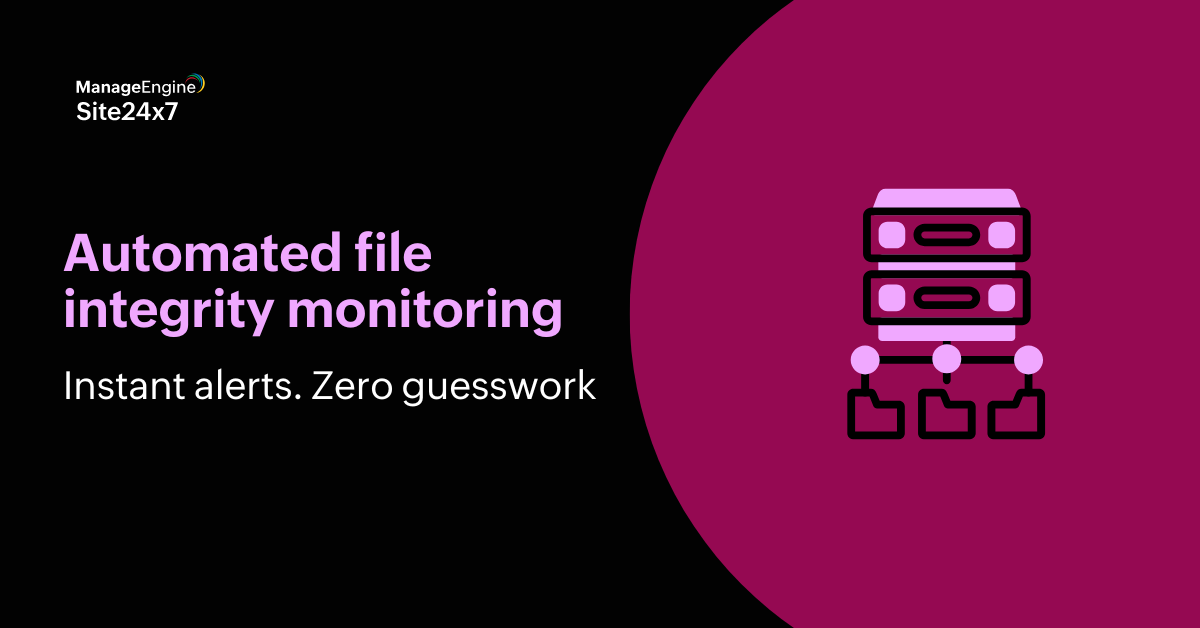Elevate your MSP operations: Looking back at key Site24x7 features added in 2025
StatusIQ in 2025: Reliability and credibility, strengthened
StatusIQ enables transparent status communication through public status pages--and now it's easier with the StatusIQ mobile application. This handy app delivers updates directly to your mobile device—reducing effort while keeping teams and stakeholders informed anytime, anywhere.
The StatusIQ mobile application is optimized for mode...
Cloud observability in focus: How Site24x7 strengthened cloud monitoring in 2025
ROI in Kubernetes Monitoring
Keeping track of this constant motion isn't just a visibility challenge—it's a financial one. Monitoring every moving part can quickly become as expensive as running the workloads themselves.
That's why it's worth asking a simple question: What's the real return on all this monitoring?
IT infrastructure monitoring: Leaner, stronger, more intelligent, and a huge progression
Unified network performance monitoring reports for compliance
You don't have to monitor everything in Site24x7, but when you do, your IT operations run like a charm.
A key pillar of unified visibility is network performance, where tracking metrics such as latency, jitter, throughput, and error rates help ensure a smooth data flow across every path.
Proactive server port monitoring for downtime detection
Zoho (ManageEngine) recognized in the IDC MarketScape: Worldwide Observability 2025 report
Our approach to observability is built around a single, integrated platform that brings together performance, user experience, operational intelligence, and cost governance. To support this, the platform spans five solution areas:
This structure ensures customers don’t just collect metrics, they gain operational context and business rel...
Top 7 reasons behind poor user experiences and how to fix them
User experience (UX) has become a pivotal factor in influencing the success of a product. You've probably experienced it yourself by clicking away from a slow website or abandoning an app that just doesn't work right. For product owners, the difference between success and failure often comes down to how smoothly users can interact wit...
